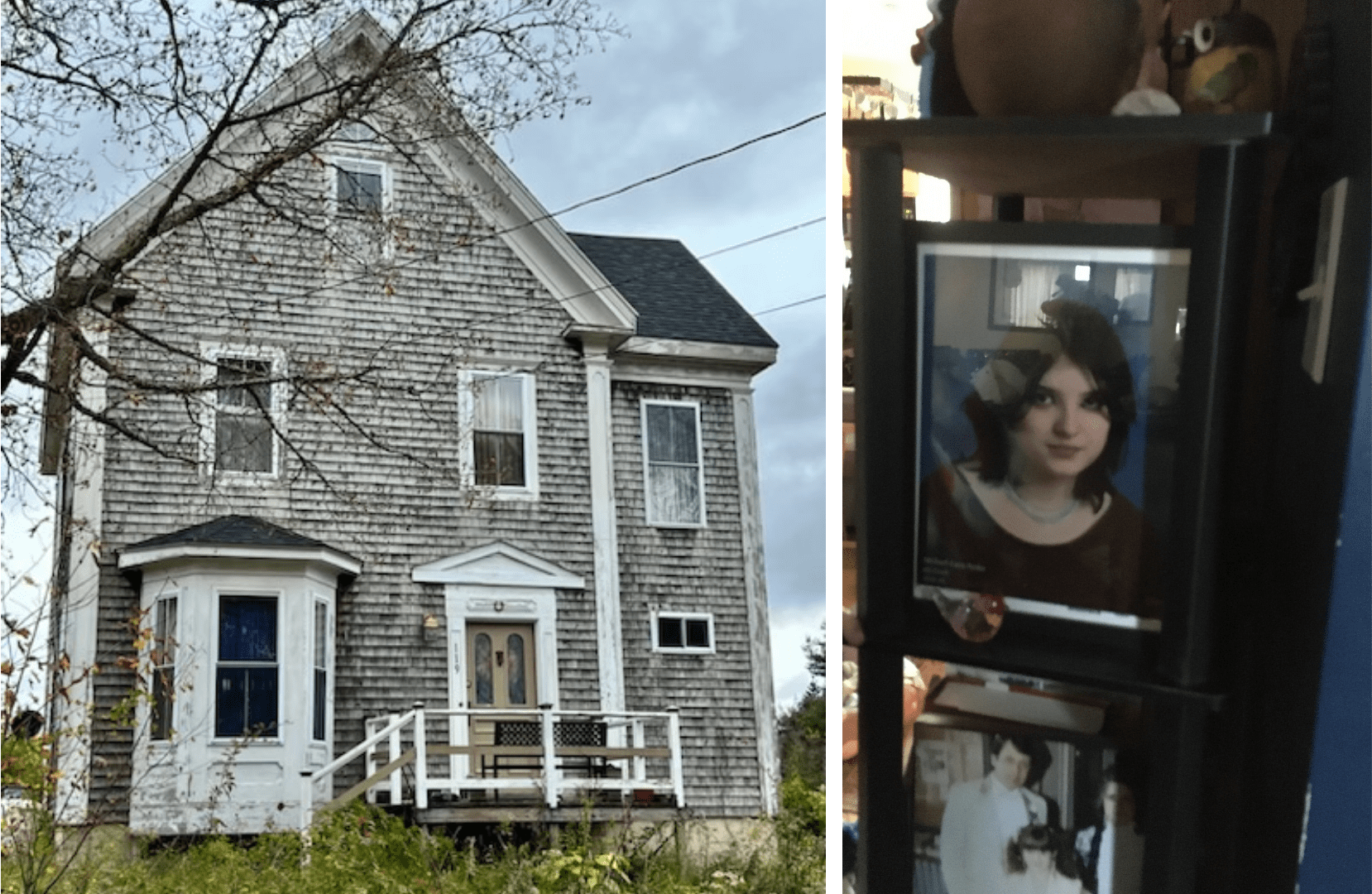A 73-year-old Pembroke woman has been summonsed on two counts of child endangerment after the death of her teenage grandchild, in a case that alarmed the state’s transgender community and also raised questions about the role of the state’s social services agency.
Michael-Lanna Susko, a student at Washington Academy who was also known as “Milo,” died in late June 2022, immediately prompting suspicions among members of the transgender community and their allies. They said the 16-year-old’s name was included on a list of victims of transgender violence last year.
“This was a really beloved student and the death was really devastating to this community,” said Ayrca LeStrange, the former president of Maine TransNet.
Last week, Milo’s grandmother, Kathryn Susko, was issued the summonses for two counts of endangering the welfare of a child, according to Mike Crabtree, chief deputy sheriff in Washington County.
She is scheduled to be arraigned in Calais District Court Nov. 7.
The charges are class D misdemeanors, which can result in up to 364 days in county jail and a fine of up to $2,000.
The state attorney general’s office, which generally prosecutes capital crimes, had declined to bring criminal charges in the death, spokeswoman Danna Hayes said earlier this year. That left the investigation in the hands of the Washington County sheriff’s office and District Attorney Robert Granger.
“We certainly wanted to make sure this was investigated and someone is held responsible,” Crabtree said Monday, noting that the sheriff’s office conducted an extensive investigation.
He did not disclose the conduct that led to the endangerment charge nor whether the alleged conduct contributed to the teen’s death. The cause of death has not been publicly disclosed.
Department of Health and Human Services involvement
Kathryn Susko said her grandchild had lived with her since the child was a baby. They lived together in a house in Pembroke.
In interviews with The Maine Monitor in late 2022, Kathryn Susko and a neighbor said the state’s Office of Child and Family Services had been aware of the family before the teen’s death.
Tova Hold, the neighbor of the Susko’s, blamed the social services agency for not intervening in what Hold said was a troubled home.
“They should have removed (Milo),” Hold said in an interview. “DHHS should have moved (Milo), otherwise (Milo would) be alive today.”
She said Milo Susko had stayed briefly with Hold and her husband, who have been foster parents, several months before the teen died. But the teen returned home after just one night.
Jackie Farwell, a spokesman for the Department of Health and Human Services, declined to comment. Maine’s Office of Child and Family Services is part of the department.
“The Department is prohibited by state and federal confidentiality laws from commenting on child protective cases in most instances, subject to very limited statutory exceptions. We are unable to provide further comment,” Farwell said Monday in an email.
Crabtree said that DHHS “cooperated with the investigation.”
The agency has been under fire after the deaths of several young children in 2021. It also is facing scrutiny from state lawmakers after The Maine Monitor revealed the deaths of eight incapacitated adults under public guardianship.
Kathryn Susko said she was interviewed by sheriff’s investigators in September 2022 and was read her Miranda rights.
“They think it was a trauma to the spleen and he asked me, did I beat her up or something. I said no,” Kathryn Susko said in an interview with The Maine Monitor in December.
Susko said the state’s Child and Family Services office had also interviewed her months prior to the teen’s death. She did not specify when that had occurred.
“They put me through hell,” Susko said of the state social services office. “I’ve had hearings, virtual and everything… and then at the end, you ready for this one, they wanted me to sign that my grandchild’s in jeopardy. I said my child is not in jeopardy. And I was going to court. Because there was no jeopardy in this house.”
A declaration of jeopardy is necessary for the state to seek a protective order for a child who is in danger.
Reaction in the transgender community
The news of the death received a four-paragraph story in the Machias Valley News Observer and coverage in the Quoddy Tides, but little other notice.
According to Lois-Ann Kuntz, a co founder of the Downeast Rainbow Alliance, a memorial service was held at the Cobscook Institute on July 1, with faculty, staff and friends sharing their memories and grief.
Anne Hopkins, a facilitator of the Traveling Rainbow project, said Milo was well known to the transgender community and their allies in the Washington County area. Milo was identifying as male, Hopkins said.
“He was one of the students who were really bright and shining and really excited to see me,” Hopkins said in an interview earlier this year. “I would like some justice, to understand how this child died, to understand what happened.”
Kuntz brought the case up in March in testimony to former state lawmaker Bill Diamond and the Walk a Mile in their Shoes foundation, which has been holding hearings and events to highlight what the group says is a “broken Child Protection system that is failing kids.”
“Interestingly, in many in-depth discussions I was part of or observed, no one mentioned that Mx. Susko had a medical condition. Everyone suspected child abuse. Everyone,” Kuntz said in written testimony to Diamond’s group.
On Monday, LeStrange, the former TransNet president, said, “I’m shocked. I had lost hope that they had stopped looking, trying to figure out what happened.”
Added Kuntz: “This was a child that fell through the cracks.”







